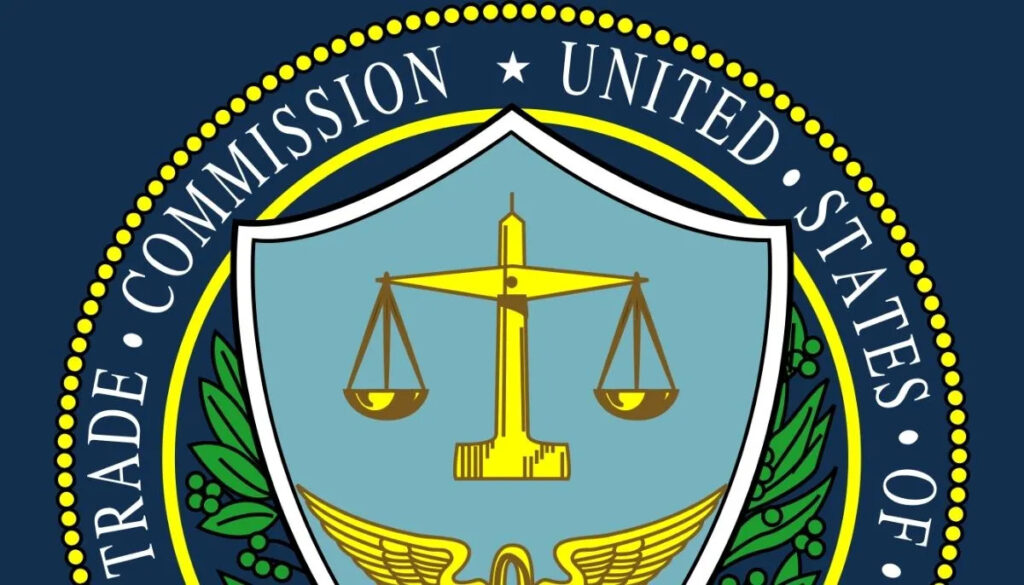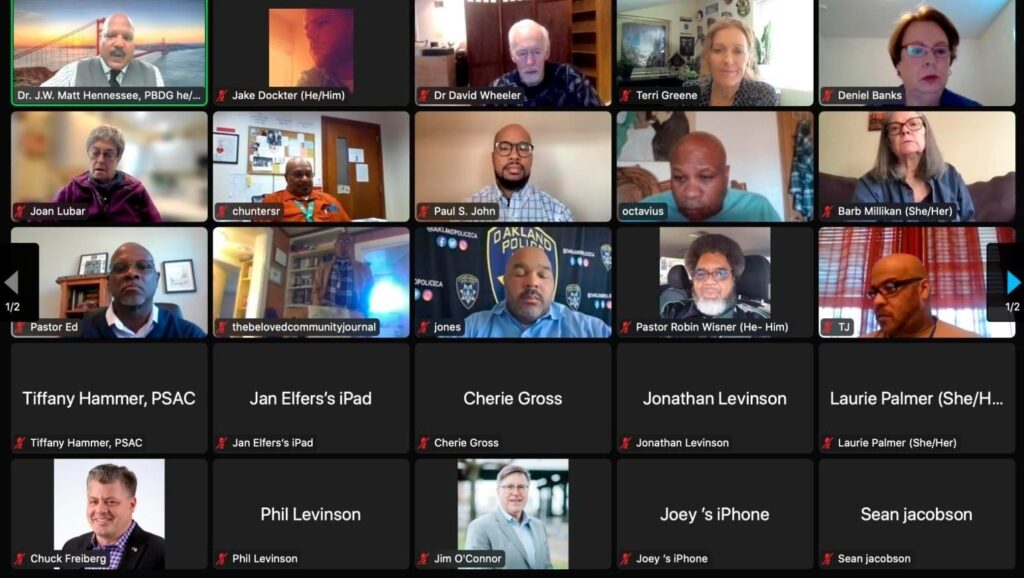On November 21st, the newly filled out Federal Trade Commission accepted written comments on an Announcement of Proposed Rulemaking (ANPRM) that asked a sweeping set of questions about what to do about the commercial data economy in the United States.

The ANPRM was historic for the scope of issues it tried to tackle and the agency’s apparent willingness, under new chair Lina Khan, to dig into every aspect of tracking, surveillance and data exchange.
All over the country, privacy and anti-surveillance advocates strove to answer the call and submit comments. Here are ours, submitted jointly with Media Alliance, and focusing on biometrics, pay-for-privacy schemes, algorithms and consent.




